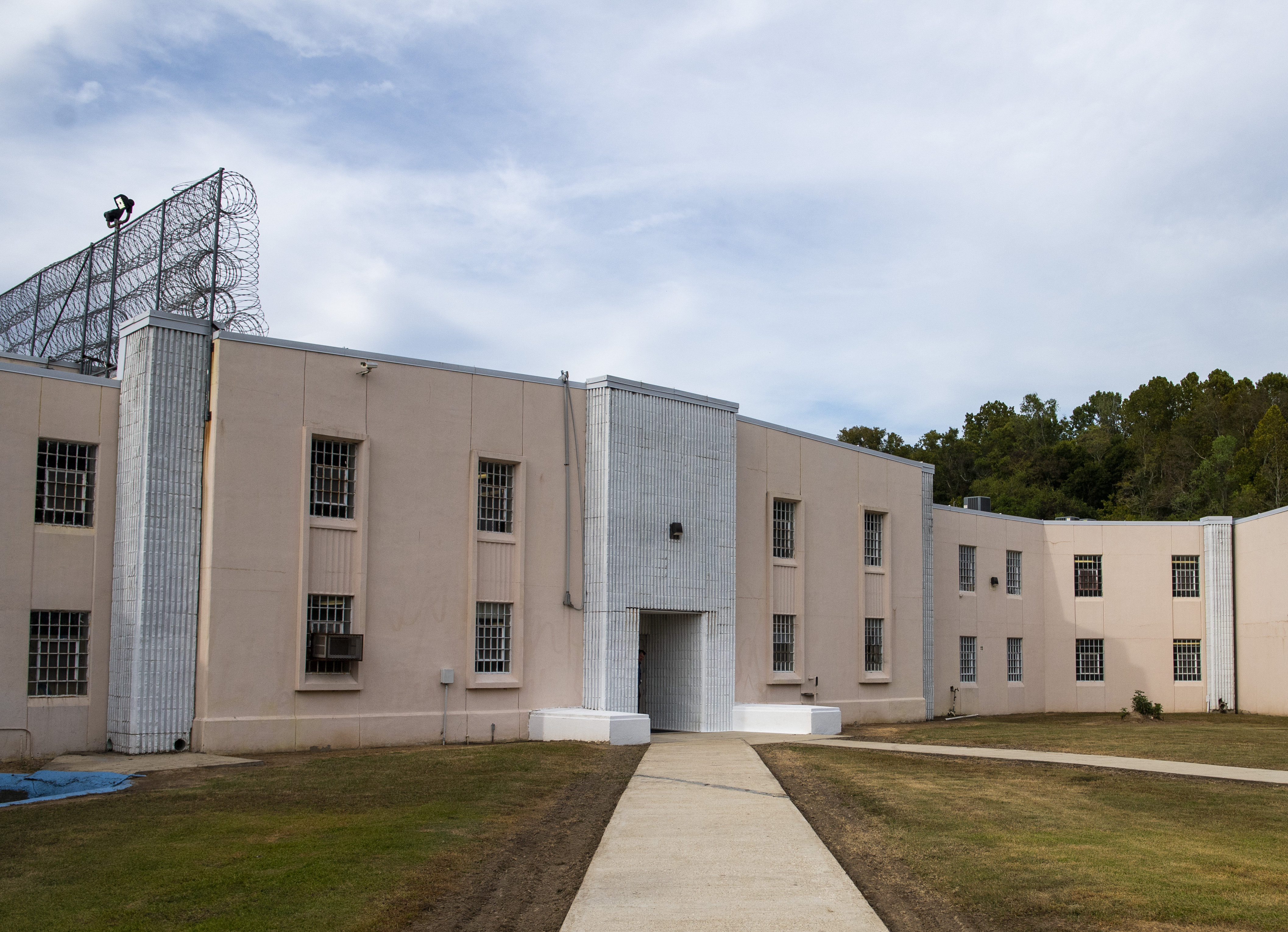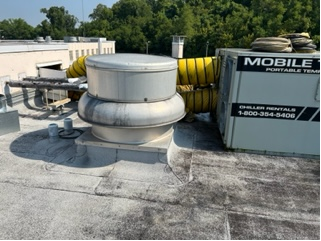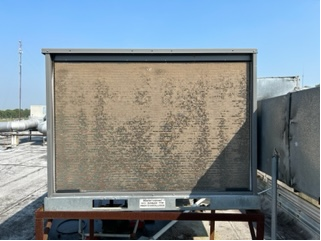NEWS FAQ - Bridge City Center for Youth at West Feliciana Bridge City Center for Youth facility on the grounds of the Louisiana State Penitentiary

Is there air conditioning at BCCY-WF?
Yes. Since before the facility was opened, the Office of Juvenile Justice has worked diligently and deliberately to make certain the three-wing unit at BCCY-WF is fully air conditioned. Specifically; there are three-25-ton air conditioners, two–5-ton air conditioners, a one-step down transformer, duct, and cable to deliver quality air in the spaces occupied by youth in our care at the facility. The Office of Juvenile Justice to date has spent approximately $126,575.00 to ensure the facility is properly cooled and heated for both the youth and staff. See below photos of A/C hardware on the facility.


What is BCCY-WF and why was it created?
Bridge City Center for Youth at West Feliciana is a temporary transitional treatment unit located on the grounds of Louisiana State Penitentiary (LSP). Following a string of destructive incidents at other OJJ facilities, OJJ acted quickly to re-purpose an existing secure facility on the grounds of LSP as a temporary transitional treatment unit for youth requiring the most proactive care. The temporary facility is only planned for operation until the completion of a brand new secure care facility capable of serving this youth population. The new facility is expected to open in late 2023 and will not be located at LSP. The grounds of LSP are expansive, and BCCY-WF is more than a mile away from the nearest facility housing adult offenders. Additionally, special measures have been put into place to ensure the youth at BCCY-WF never see or hear any adult offender.
Are youth at BCCY-WF put in solitary confinement?
No. Youth temporarily assigned to the BCCY-WF transitional treatment unit are never placed in solitary confinement. Even when youth are assigned to their rooms following acts of physical violence towards their peers or staff, they are provided consistent staff and peer interaction. It is part of our targeted therapeutic service. All youth receive 24/7 staff, medical, social services, and mental health interaction while participating in BCCY-WF’s four to eight-week program. State law prohibits the use of solitary confinement. OJJ’s policies (Behavioral Intervention Policy B.2.21) are consistent with state law.
Do youth at BCCY-WF have access to drinking water?
Yes. Youth have access to clean and safe drinking water—the same water available to staff. Staff works to ensure that youth are properly hydrated each day.
Are there windows where youth are kept at the BCCY-WF facility?
Yes. There are windows along the full length of each wing where youths' rooms are located. Additionally, there are windows and natural lighting in the areas where the youths receive social services, medical services, and private visitation with family and/or legal counsel.
Why did you choose to publish this FAQ?
The Office of Juvenile Justice recognizes the concerns of parents, guardians, advocates and the public for youth in our care. We are always open to feedback, and value the many good-faith conversations we have had with advocates, legislators, and members of the public. It is important for OJJ to listen and learn and always pursue the best possible policies to serve our youth. Unfortunately, some false claims made in litigation have continued to spread, and we felt it was necessary to address some of the questions we have been getting on a regular basis. In accordance with state and federal law, we are committed to helping the youth in our care learn, grow, and succeed.

